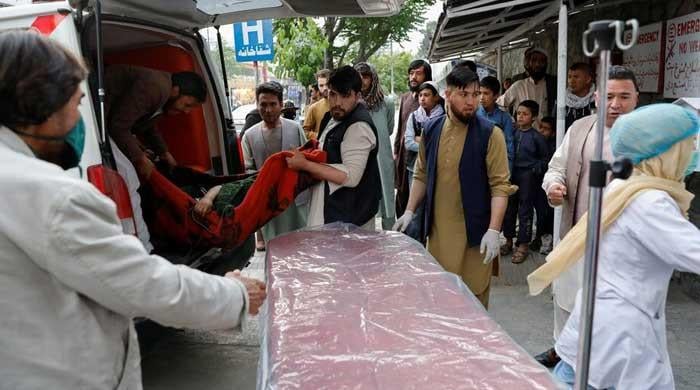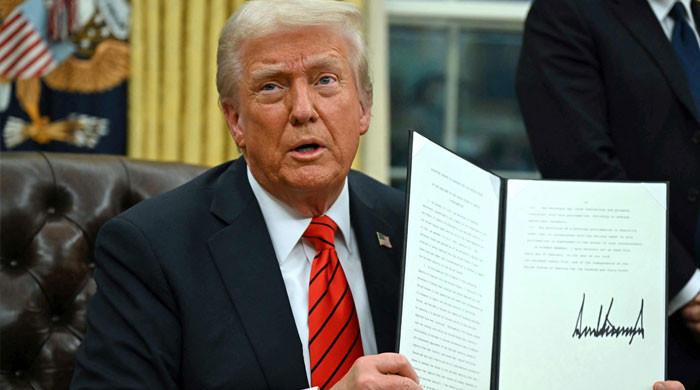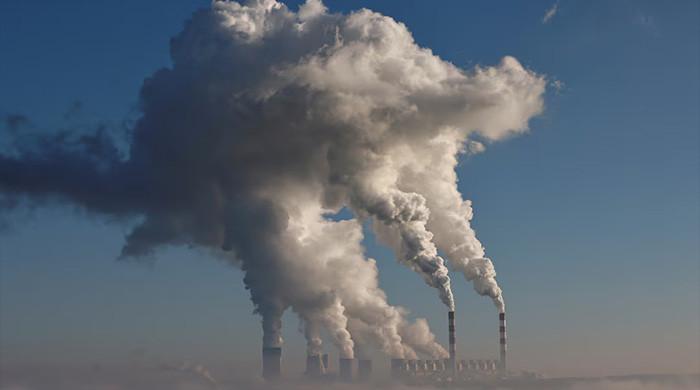Italian court vs the alt-right: Anti-immigration minister Salvini faces trial
Italian Senate abolishes former minister's parliamentary protection by a vote of 152-76
February 14, 2020
ROME: Italy's former interior minster and far-right politician, Matteo Salvini, lost his parliamentary protection after a vote by the country's Senate and now faces multiple charges of violation of local and international migration laws.
Salvini, the 46-year-old federal secretary of the Lega Nord, a fascist party, is accused of preventing, kidnapping, and deporting hundreds of migrants who had arrived on the Italian coast in search of protection from conflict, persecution, and war when he led the interior ministry, as well as when he was Italy's deputy prime minister from 2018 to 2019.
He also refused to allow 116 rescued migrants to leave the Gregoretti coastguard boat — where they had been languishing for about a week in insalubrious conditions — until a deal was reached with other European states to host them. The decision, he insisted, had the backing of the government and Prime Minister Giuseppe Conte.
The Italian Senate abolished his parliamentary protection, voting 152-76 in favour of removing the legal protection, following which he was been charged with harassment of incoming refugees. It is important to mention here that federal ministers cannot be tried for actions they take while in office unless their parliamentary immunity is revoked.
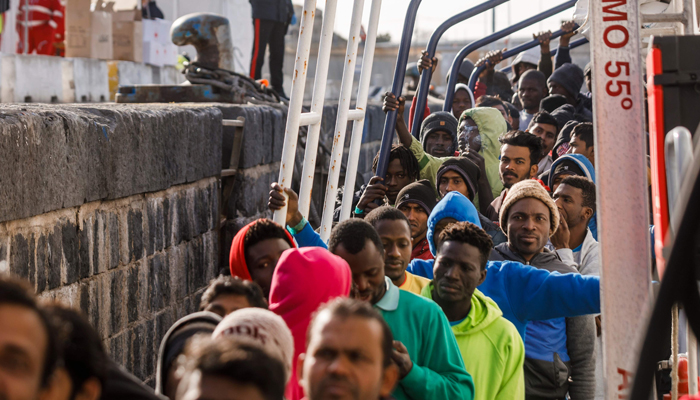
Reports indicate that human rights organisations have alleged the former interior minister of stopping, repatriating, and torturing migrants when their boats arrived on the country's shores.
A staunch anti-immigrant leader in Europe and strongly opposed to the influx of refugees, Salvini galvanised his followers in various areas of the country with anti-migrant rhetoric of 'Italy First' — the populist slogan of nationalist fascists in Europe since 1933.
'Proud of what I've done'
Regions affected most by the nation's economic downturn consequently started heeding the politician and his vote bank grew gradually. He became an inspiration to a great number of Europeans, who believe that immigrants have and would ruin the continent's culture, values, and, above all, shrank job opportunities for the locals.
Should the allegations against him be proven in the Italian court, Salvini faces up to 14 years in prison.
The former minister, on the other hand, alleged that his opponents and left-wing judges were using the judiciary against him as they were unable to defeat him politically. He also claimed that whatever he did was in national interest.
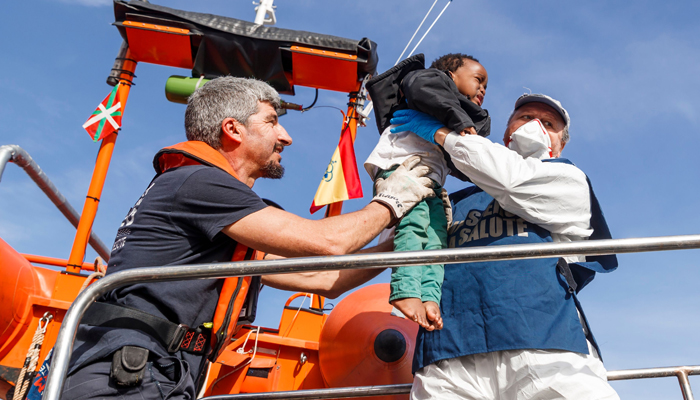
"I have defended Italy. I have full and total faith in the justice system," Salvini said after the vote. "I am not worried at all, and I'm proud of what I've done," he said, adding he would "do it again when I get back into power".
While Europeans can breathe a sigh of relief now that the Italian alt-right and fascism is being held accountable, what remains to be seen is how the 'Italy First' slogan would work in the future.
What next?
The Italian Senate's move to strip Salvini's parliamentary immunity opened the way for a potentially career-derailing trial over alleged abuse of power and illegally detaining migrants.
Here's a look at what happens next and what it could mean for the popular strongman.
Will there be a trial?
Salvini is not heading straight for the docks. It was a court in Catania in Sicily that asked the Senate to green-light a trial against him for using his power as interior minister to block over 110 rescued migrants at sea for days.
In doing so, the court overruled the Catania prosecutor in charge of the initial investigation, who had requested the case be dropped. The Senate will now send the dossier back to that prosecutor's office, obliging it to go forward with the case.
The prosecutor is expected to appeal once more for the case to be shelved, and a judge will have the final say.
Should the official go-ahead be given, Salvini will be tried by a Catania court in the first instance. In Italy, most cases then go to appeal, before winding up at Italy's highest court in Rome for a definitive verdict.
Salvini's career at stake?
Salvini is currently in opposition but is determined to become prime minister and his anti-immigrant party is currently expected to do very well at the next elections. A conviction, however, could throw a serious spanner in the works.
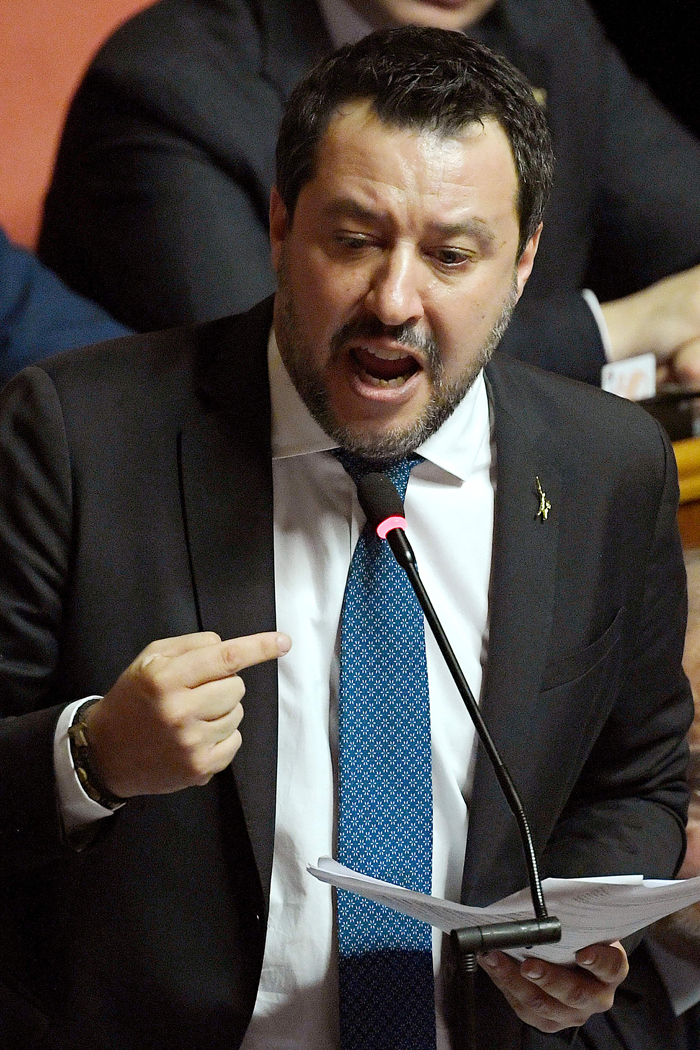
Under Italian law, members of parliament ordered to serve a prison sentence of two or more years are ousted from the halls of power and unable to run in elections for up to eight years.
The law is less clear on what happens after a conviction in the first instance, before all appeals have been exhausted.
In theory, the Senate could suspend Salvini from the upper house for 18 months, but it would be an unprecedented move.
Order prison stripes?
He may not need them. Overcrowding in Italian jails means those given sentences of fewer than two years are usually placed under house arrest or ordered to serve community service instead.
The Italian justice system is also notoriously slow, with the average criminal trial — appeals included — lasting some four years and four months, according to media reports.
Those unlucky enough to be tried in the south sometimes see it drag on for over six years.
Will 'martyr strategy' work?
"It's already clear (Salvini) intends to use the accusations against him by presenting himself a victim of 'political justice'," writes Massimo Franco, the editor of the Corriere della Sera, Italy's biggest-selling daily.
The La Stampa daily agrees, saying Salvini has gone with "the martyr strategy". But will that boost his popularity numbers?
While he may see some short-term gain, political analysts warn that in the long term Italians could tire of it — as they did with ex-prime minister Silvio Berlusconi, who spent years vociferously accusing Italy's judges of persecuting him.
What else looms?
Salvini has complained about evenings spent doing defence prep, but much more strategy-plotting by candlelight awaits.
A special Senate committee is set to rule February 27 on another court request to proceed against him in a separate migrant case, where he is once again accused of illegal detention and abuse of power.
He is also being sued by the young German captain of a charity migrant rescue vessel for defamation, and a decision is expected soon on whether that will go to trial.
His League party has legal troubles of its own. It has been ordered to pay back some 49 million euros it owes the state, but which it claims not to have. Prosecutors are looking at whether funds have been moved and hidden abroad.
Investigators are also probing reports it sought illicit funds from Russia.
"Salvini's judicial weather forecast looks bad," the Corriere della Sera said.
—Additional input from AFP




